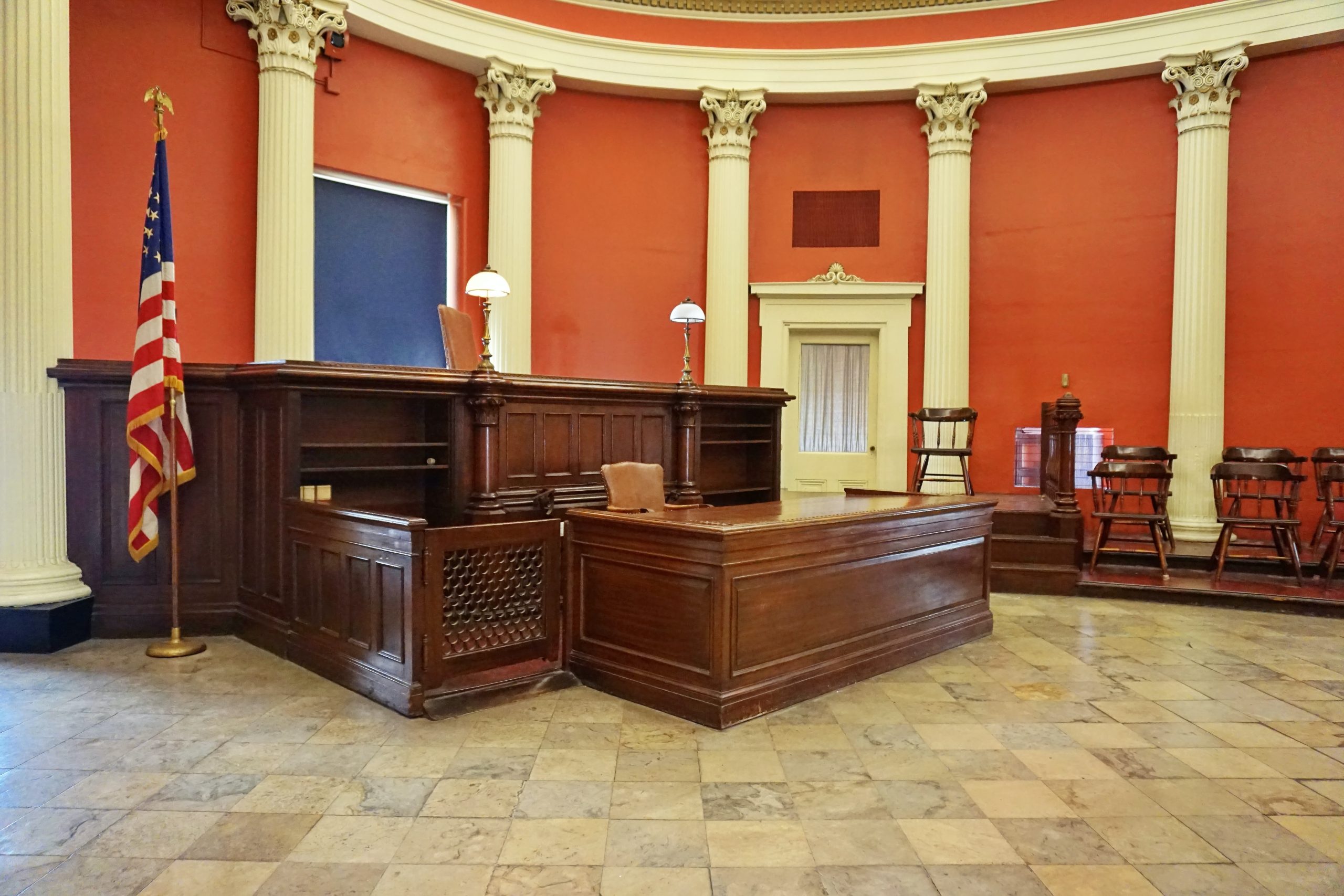PREPARING YOUR WITNESS TO TESTIFY Staying on the right side of the ethical rules

The recent formal opinion on witness preparation from the ABA Standing Committee on Ethics and Professional Responsibility recognizes the competing ethical obligations of the lawyer. On the one hand, zealous advocacy requires adequate consultation to assure the witness is well-prepared to give the best truthful answer to questions that can be anticipated. On the other, there can be no ambiguity about that requirement of truthfulness. One of my law school professors presented the issue with the example of an auto accident, taking the position that a well-prepared plaintiff should know what is at stake before giving his recollection of what occurred. So, for example, he advocated saying to the witness, “If the light was green, you stand to win $1 million. If it was red, you are out of luck. Now, with that in mind, and using your best effort to remember the facts truthfully, was the light green or red?”
This always struck me as a little over the edge. Yes, one could argue that recollection is not always accurate and that context can fairly influence how someone honestly remembers an occurrence. But putting the issue in the stark terms laid out above conveys the implication that the witness should give the favorable account, regardless of its truth.
The opinion sets out fifteen examples of appropriate witness counseling (the authors use the sometimes neutral term “coaching” in its negative connotation to describe unethical preparation, as contrasted with providing appropriate advice.) Some examples are not close to the edge; e.g., remind the witness that they will be under oath and to tell the truth; suggest proper attire. Others, however, come closer to the line and could prove a little ambiguous in application: e.g., provide context for the testimony (which strikes me as similar to the example above from my law school days); identify other expected testimony and explore the witness’s version of events in light of that testimony.
All things considered, while it helps emphasize the issues to look out for, and affirms that it is essential that preparation be ethical, the opinion does not and cannot give hard and fast rules for every situation. As the opinion states, “there is a fair amount of latitude in the types of lawyer-orchestrated activities that are recognized as permissible.” As always, lawyers must use their discretion and good judgment to stay on the right side of the rules.
The opinion discussed is Formal Opinion 508, August 5, 2023, The Ethics of Witness Preparation from the American Bar Association Committee on Ethics and Professional Responsibility


